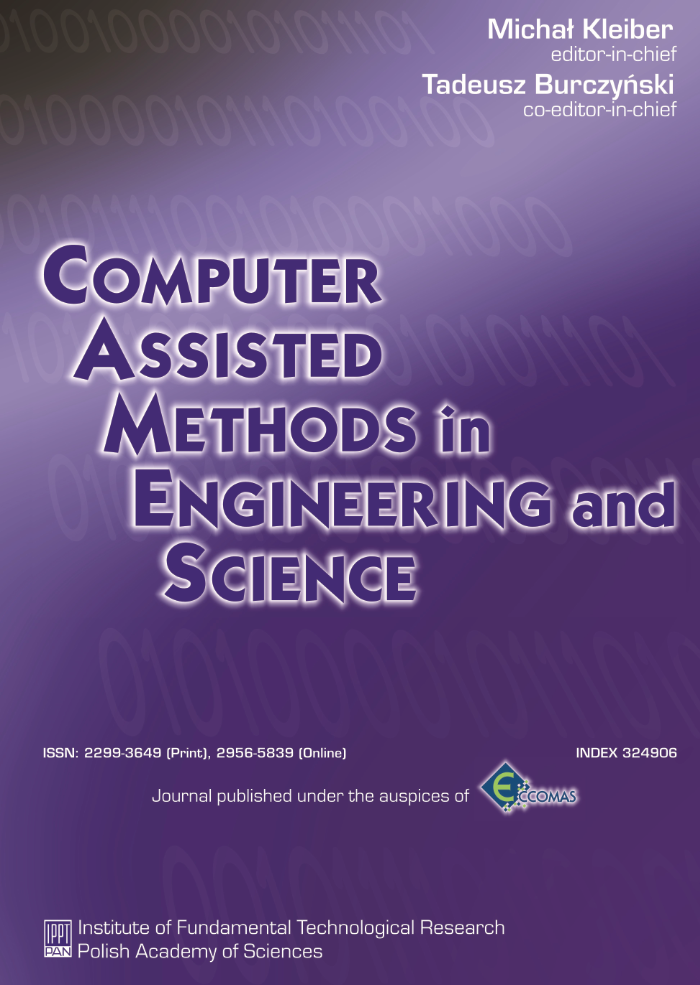Abstract
Stochastic Schemata Exploiter (SSE) is one of the evolutionary optimization algorithms for solving the combinatorial optimization problems. We present the Extended SSE (ESSE) algorithm which is composed of the original SSE and new ESSE operations. The ESSE is compared with the original SSE, simple genetic algorithm (SGA), and GA with Minimal Generation Gap (MGG) in some test problems in order to discuss its features.
Keywords:
Genetic Algorithm (GA), Stochastic Schemata Exploiter (SSE), Extended SSE (ESSE), Minimal Generation Gap (MGG)References
[2] J.H. Holland. Adaptation in Natural and Artificial Systems, 1 ed. The University of Michigan Press, 1975.
[3] D.E. Goldberg. Genetic Algorithms in Search, Optimization and Machine Learning, 1 ed. Addison Wesley, 1989.
[4] D. Whitly. The genitor algorithm and selection pressure: Why rank-based allocation of reproductive trials in best. In J.D. Shafer, ed., Proc. 3rd Int. Conf. Genetic Algorithm, pp. 116- 121. Morgan Kaufmann Pub., 1989.
[5] J .E. Baker. Reducing bias and inefficiency in the selection algorithm. Proceedings of the Second International Conference on Genetic Algorithms, pp. 14-21, 1987.
[6] H. Satoh, 1. Ono, S. Kobayashi. Minimal generation gap model for gas considering both exploration and exploitation. Proc. IIZUKA '96, pp. 494-497, 1996.
[7] I. Ono, S. Kobayashi, K. Yoshida. Global and multi-objective optimization for lens design by real-coded genetic
algorithms. International Optical Design Conference, 3482: 110- 121, 1998.
[8] N.A. Aizawa. Evolving SSE: A stochastic schemata exploiter. In Proc. 1st lEE Conf. Evo/. Comp., pp. 525-529.
IEEE, 1994.
[9] L.D. Whitley. Fundamental principles of deception in genetic search. In G.J.E. Rawlins, ed., Foundations of
Genetic Algorithms 1991 (FOGA 1), pp. 221- 241. Morgan Kaufmann, 1991.
[10] D.S. Johnson, C.R. Aragon, L.A. McGeoch, C. Schevon. Optimization by simulated annealing: An experimental
evaluation. Part I, Graph partitioning. Operations Research, 37: 865-892, 1989.



